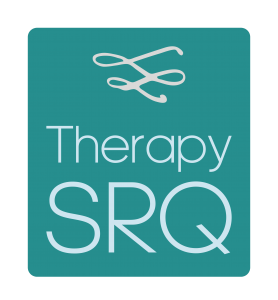Adolescence can be a challenging time for many young people, as they navigate the complexities of growing up and facing new experiences. For some teens, this can also include dealing with loss or trauma, which can have a significant impact on their mental health and well-being. In these situations, therapy can be a valuable tool for helping teens cope and heal. Here are some important things to know about youth counseling and teen therapy for loss or trauma.
Understanding the Impact of Loss and Trauma on Teens
by Annie Spratt (https://unsplash.com/@anniespratt)
Loss and trauma can take many forms for teens, including the death of a loved one, divorce, bullying, or experiencing a traumatic event. These experiences can have a profound effect on a teen’s emotional and psychological state, leading to feelings of sadness, anger, anxiety, and even depression. It can also affect their relationships, school performance, and overall well-being. It’s important for parents and caregivers to recognize the signs of distress in teens and seek help when needed.
The Benefits of Therapy for Teens
Therapy can provide a safe and supportive space for teens to process their emotions and experiences. A trained therapist can help them understand and cope with their feelings, develop healthy coping mechanisms, and build resilience. Therapy can also help teens improve their communication skills, build self-esteem, and develop a better understanding of themselves. It can also provide a sense of validation and support, which can be crucial for teens dealing with loss or trauma.
Types of Therapy for Teens
There are various types of therapy that can be beneficial for teens dealing with loss or trauma. Cognitive-behavioral therapy (CBT) is a common approach that focuses on identifying and changing negative thought patterns and behaviors. Eye Movement Desensitization and Reprocessing (EMDR) is a specialized therapy that can help teens process and heal from traumatic experiences. Other types of therapy, such as art therapy or play therapy, can also be effective for teens who may have difficulty expressing themselves verbally.
Finding the Right Therapist
by Stephanie Hau (https://unsplash.com/@stephiime)
When seeking therapy for a teen dealing with loss or trauma, it’s essential to find the right therapist. Look for a licensed therapist with experience working with teens and a specialization in trauma or grief counseling. It’s also important to find a therapist that your teen feels comfortable with and can build a trusting relationship with. You may need to try a few different therapists before finding the right fit, and that’s okay.
Involving Parents and Caregivers
While therapy is a valuable tool for teens, it’s also essential to involve parents and caregivers in the process. They can provide support and understanding for their teen and help reinforce the skills and techniques learned in therapy. It’s also important for parents and caregivers to take care of their own mental health and seek support if needed.
Conclusion
Therapy can be a crucial resource for teens dealing with loss or trauma. It can help them process their emotions, develop healthy coping mechanisms, and build resilience. By understanding the impact of loss and trauma on teens and finding the right therapist, parents and caregivers can support their teen’s mental health and well-being during this challenging time.

